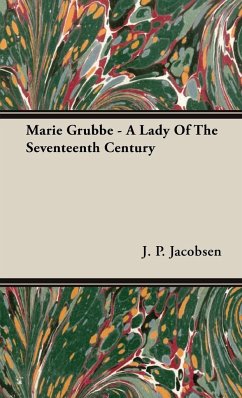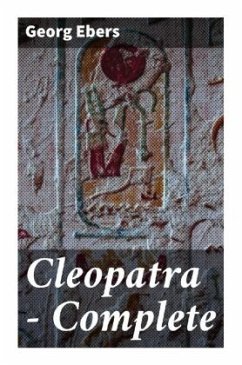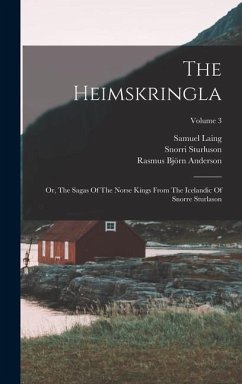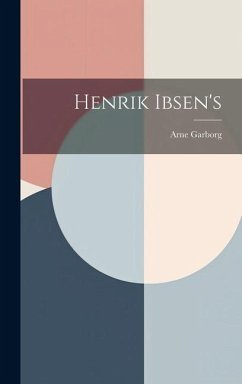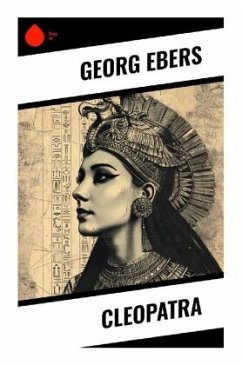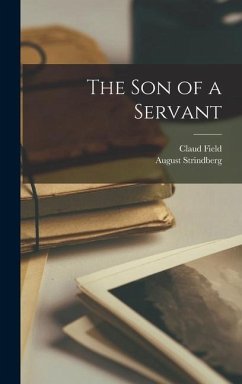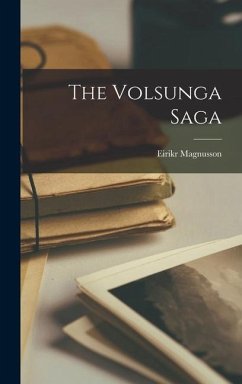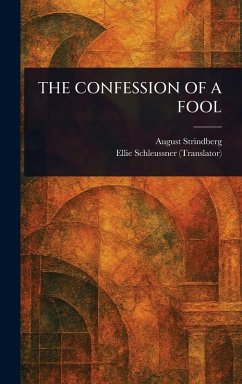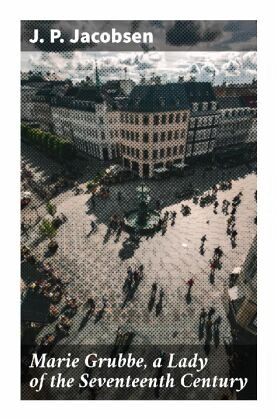
Marie Grubbe, a Lady of the Seventeenth Century
Versandkostenfrei!
Versandfertig in 6-10 Tagen
8,49 €
inkl. MwSt.
Weitere Ausgaben:

PAYBACK Punkte
4 °P sammeln!
In "Marie Grubbe, a Lady of the Seventeenth Century," J. P. Jacobsen masterfully crafts a nuanced narrative that delves into the life and struggles of its eponymous protagonist. The novel is celebrated for its rich psychological depth and lyrical prose, which vividly illuminate the socio-cultural constraints faced by women in 17th century Denmark. Jacobsen employs a realistic style imbued with impressionistic elements, creating a textured backdrop that mirrors Marie's passion and despair, ultimately revealing the complexities of love, identity, and societal expectation. J. P. Jacobsen, a key f...
In "Marie Grubbe, a Lady of the Seventeenth Century," J. P. Jacobsen masterfully crafts a nuanced narrative that delves into the life and struggles of its eponymous protagonist. The novel is celebrated for its rich psychological depth and lyrical prose, which vividly illuminate the socio-cultural constraints faced by women in 17th century Denmark. Jacobsen employs a realistic style imbued with impressionistic elements, creating a textured backdrop that mirrors Marie's passion and despair, ultimately revealing the complexities of love, identity, and societal expectation. J. P. Jacobsen, a key figure of Danish literature, was deeply influenced by his personal experiences and the broader existential themes that dominated the intellectual landscape of his time. Living during a period of significant social and artistic transformation, he drew upon the struggles of women in patriarchal societies. Jacobsen's engagement with modernist ideals, alongside his appreciation for romanticism, positions "Marie Grubbe" as a pioneering work that examines the inner lives of its characters with profound empathy and insight. This remarkable novel is highly recommended for readers interested in women's history, literary realism, and psychological portraits. Jacobsen's intricate exploration of Marie's turbulent life not only provides a captivating story but also invites reflection on the enduring struggles against societal constraints, making it an essential read for both literature enthusiasts and those engaged in gender studies.




